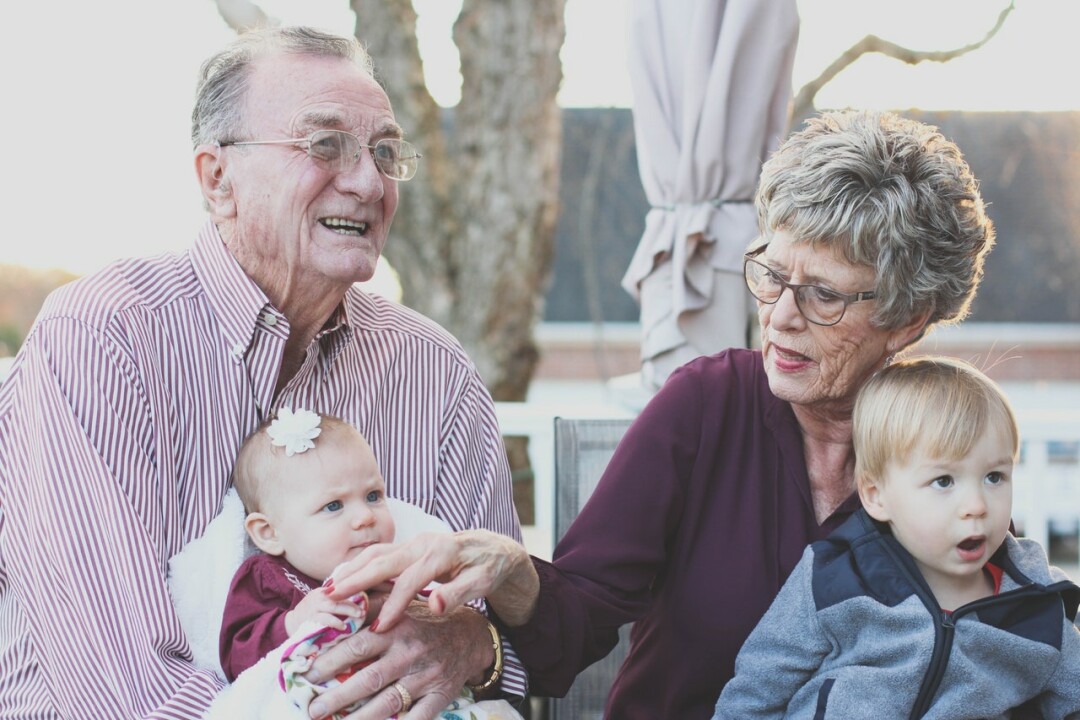Planning Ahead: An Advance Directive Can Be a Gift to Your Family

Years before Jay Lyons learned he had stage 4 pancreatic cancer, he made proactive decisions that helped guide his caretakers and family the last 18 months of his life.
He agreed to chemotherapy then radiation. But he also made sure to share his advance directives with HSHS St. Joseph’s Hospice early so he would receive the end-of-life care he wanted. Lyons’ advance directives – a written statement of his wishes regarding medical treatment should he be unable to communicate them – included a power of attorney and living will. Advance directives typically are kept by the patient and on file at his or her local hospital.
Health care providers, nurses, and community educators say talking about those decisions should be common and give peace of mind. It did for his wife, Julia. “I felt very calm that when the time came we were going to have everything in place,” she said. “We all knew what Jay wanted.”
In February 2018, Lyons ended chemo and radiation and decided to enjoy the time he had left. To him and Julia, that was the moment they felt they could breathe. Five months later, Jay, 74, died of complications from cancer. That hasn’t stopped him from educating people about end-of-life decisions.
Julia said he wanted to make a difference, and being able to tell his story after death is a great way to do it. Dr. Erik Dickson, chief physician executive for HSHS Sacred Heart and St. Joseph’s hospitals, said the end of life comes for everyone. Why not plan for it?
“It’s extremely important because there are so many times we end up treating people who are unable to make decisions for themselves any longer, and the advance directives are all we have to follow in order to provide the care they want and expect,” Dickson said.
Dickson admits that the topic may be challenging for families, but that discussion will serve families well in the long run.
“If families wait until someone is too ill or injured to make personal decisions, a stranger with no understanding of their values or beliefs, such as a court-appointed guardian, may end up making them,” he said. “Planning ahead is about enhancing your quality of life by ensuring that the wishes of you and your loved ones are honored in any event.”
Rhonda Brown, director of 3D Community Health: Body.Mind.Spirit – a service of HSHS Sacred Heart and St. Joseph’s hospitals – said advance directives not only give patients peace of mind but also relieve their friends and family from having to endure stress by making tough decisions.
“When you make those decisions ahead of time, that’s a gift to your loved ones so that they don’t have to worry about that, and they can just worry about loving you and taking care of you,” she said. “You’ve been making decisions up to this point. Make sure your final wish is heard.”
Van Duyse is a marketing specialist with HSHS Sacred Heart and St. Joseph’s hospitals.
ADVANCE DIRECTIVES
To learn more about advance directives and to download forms, visit SacredHeartEauClaire.org/AdvanceDirectives. Forms do not have to be verified by a lawyer. Fill out the form, sign it with witnesses present and have them sign, keep on hand and submit to the hospitals of your choice to keep on file. “Fill out these forms as soon as possible since you never know when something unexpected may happen,” said Dr. Erik Dickson, chief physician executive for HSHS Sacred Heart and St. Joseph’s hospitals. “Even if you are already in the hospital, you still have time.”

